Permaculture Updates from the Yoga Farm
January 1, 2019
Colin Eldridge (Krishna Das)
Yoga Farm Staff
Krishna Das teaches and helps coordinate Yoga and Permaculture programs at the Sivananda Yoga Farm.
Sorry, no programs exist here.
Over the last year, the Sivananda Yoga Farm has been making efforts to implement permaculture in our community, little by little. Through our various courses and Permaculture Service Days, our wonderful volunteers and guests have been helping us reach our goals.
One of the permaculture principles is to use small, slow solutions. Because of limited hands on the farm, that is a principles that we have been putting into practice.
We put in small, concentrated efforts when we can in order to serve the bigger picture of sustainability. We also come together when we need to get bigger projects done, because many hands makes little work.
1. Tree Guilds
Adding plants around the base of a fruit trees is called a “Tree Guild,” and helps to create a miniature ecosystem for the tree. We have been slowly adding plants and mulch to our orchard. The goal is to improve the health of the trees and conserve water.
2. Sheet Mulching in the Garden
Sheet mulching is when you layer different types of carbon and nitrogen rich organic materials on top of each other. It has several benefits such as improved water retention, soil fertility, weed suppression and more.
Instead of sending 100% of our cardboard to the recycling center, we utilize large amounts of it on the land for the bottom layer. After that, we’ve added water hyacinth from the pond, animal manure and used straw bedding from our animal pen, raked leaves, wood chips and other plant clippings.
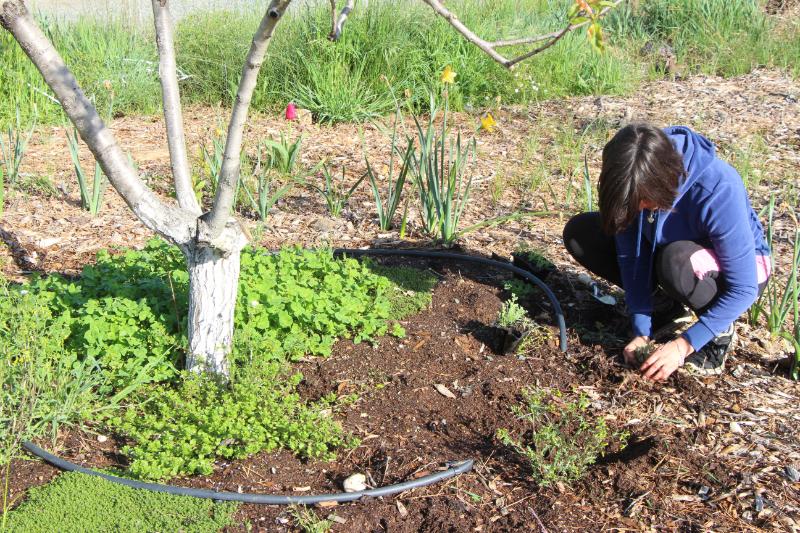
A peach fruit tree guild.
3. Sheet Mulching in the Lavender Fields
We’ve converted our lavender fields from a till system to a no-till system. That means instead of using a tractor and fossil fuels to turn the soil, we lay down sheet mulch to hold the soil in place. It is a method of weed suppression that doesn’t require constantly disturbing the land.
Tilling, when done carelessly, contributes to topsoil loss, nutrients and fertility decreases, and waterways are polluted with agricultural runoff. We didn’t want to contribute to that problem, and also didn’t want to rely on fossil fuels to manage our lavender fields.
4. Continued Food Production
Every year we grow produce in our greenhouse and gardens. Food production continued this year, with a bountiful harvest of greens in the greenhouse last winter.
Because of limited hands, we produced a modest amount of squash and different vegetables in our garden over the summer and fall.
5. Greenhouse Maintenance
We’ve made several repairs and maintenance to our greenhouse, including clearing out Bermuda grass, repairing damaged siding, and making it pest-proof.
Sorry, no programs exist here.
Our greenhouse was full of life in the middle of winter 2018.
6. Seed Ball Making
Seed balls are little balls of clay, compost and seeds. They can be used for no-till gardening. We made several seed balls throughout our Permaculture Service Days and used them in the garden to plant a cover crop mixture of clover, mustard, reddish, oats, vetch, and more.
7. Tea Making
We started a small tea making project using herbs and crops completely grown at the Yoga Farm including lavender, rosemary, mint, lemon balm, and apple. We temporarily halted production over the dry summer months, but plan to start again when possible.
8. Woodchips
Our doors are always open for tree services to dump their excess wood chips here for use in our orchards, garden and grounds. We put that chip to good use to mulch our trees and build organic matter on our soil. That’s one way we turn waste into a resource.
“Permaculture land-use ethics invite us to protect intact ecosystems where they remain and, where ecosystems have been destroyed, to help restore them.”
―
9. Composting
The Yoga Farm continues composting 100% of our food scraps as we have for the past several years. This year, we temporarily transitioned into feeding our food scraps to the neighbor’s pigs. We hope to harvest an abundance of manure to fertilize our garden soon!
10. Permaculture Work Parties
Or, more accurately stated, karma yoga parties. Starting this December, every Wednesday we invite all the staff at the Yoga Farm to come together for 1-2 hour karma yoga parties in our garden, greenhouse and/or orchards.
Over the summer months, we’ve occasionally been bringing our morning Satsang groups into the lavender fields for peaceful contemplation and light field service.
Sorry, no programs exist here.
Spencer Nielsen teaching his “Ayurvedic Herbs in the Garden” workshop.
11. Engagement in the Permaculture and Farming Communities
We’ve sent representatives from the Yoga Farm to attend the Building Resilient Permaculture Convergence in Hopland as well as the Sustainable Food & Farming Conference in Grass Valley, CA. At the conferences we offered volunteer hours and workshops. We plan to continue community outreach in 2019.
12. More Permaculture Programs!
2017 was our first year doing Permaculture Service Days. In 2018 we started having more Permaculture weekends and courses, which have drawn a lot of interest from the community.
Here’s what we offered in 2018:
Monthly Permaculture Service Days
Social Permaculture Weekend w/ Ryan Rising
Ayurvedic Agroforestry w/ Spencer Nielsen
Yoga of Permaculture w/ Colin Eldridge (Krishna Das)
Intro to Permaculture w/ Colin Eldridge (Krishna Das)
2019 Permaculture Courses:
| 1st Sunday of Each Month | Permaculure Service Days | Free | View Details | |
| January 11 – 13, 2019 | Permaculture Weekend: Yoga of Permaculture | $170.00 | View Details | Register Now |
| February 8 – 10, 2019 | Permaculture Weekend: Ayurvedic Agroforestry | $200.00 | View Details | Register Now |
| March 29 – 31, 2019 | Permaculture and Gardening Weekend | $170.00 | View Details | Register Now |
| April 14 – 20, 2019 | Permaculture Design Certification: Part 1 | $900.00 | View Details | Register Now |
| April 20, 2019 | Earth Day Celebration | $10.00 | View Details | Register Now |
| June 7 – 13, 2019 | Permaculture Design Certification: Part 2 | $1,000.00 | View Details | Register Now |
| November 22 – 24, 2019 | Permaculture Weekend: Social Permaculture and Community Building | $160.00 | View Details | Register Now |
Join the Community
As always, we couldn’t have accomplished these minor feats without the help of our dedicated volunteers and guests. If learning more about permaculture is something you are interested in, or you simply want to join the community in getting your hands dirty, we have multiple short-term and long-term opportunities.
Yoga Teacher Training Course
Check out our 200-hour Yoga Alliance certified Yoga Teacher Training Courses offered twice a year in California, 3x in Vietnam, once in China and once in Japan.
Foundational Courses
Choose from upcoming courses for beginners and intermediate level students.
Yoga Vacation
Rejuvinate your body and mind. Experience and progress with daily Yoga classes. Learn the 12 basic asanas and pranayama. Enjoy daily meditation, chanting, and organic vegetarian meals.
Rejuvenate Your Being
A Yoga vacation is an ideal getaway to change perspective towards one’s life and become healthier, more relaxed and connected.

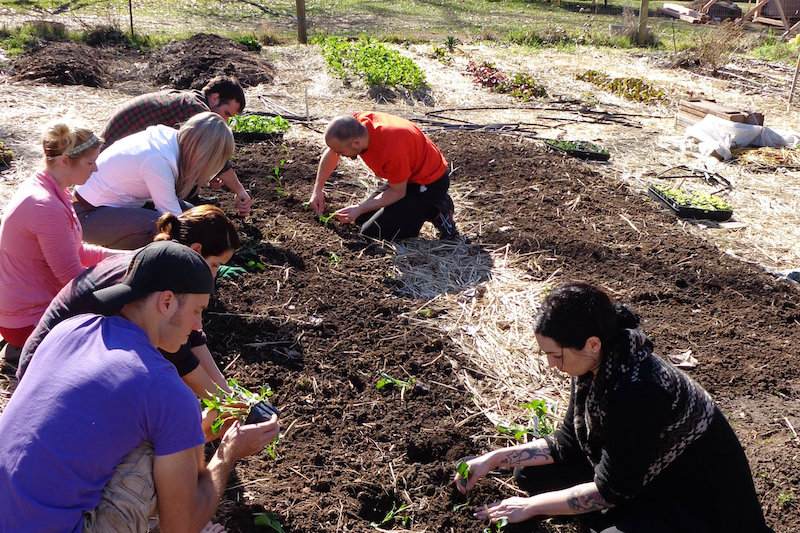
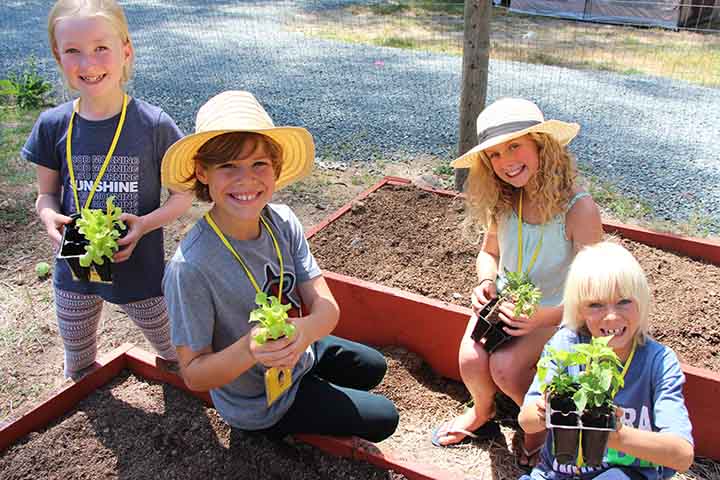
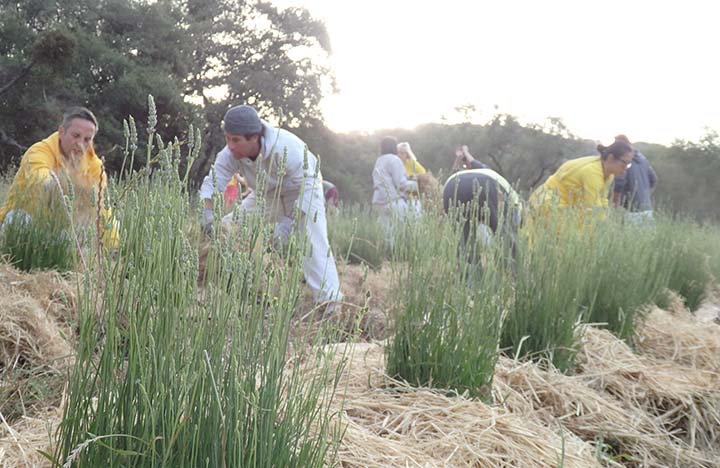
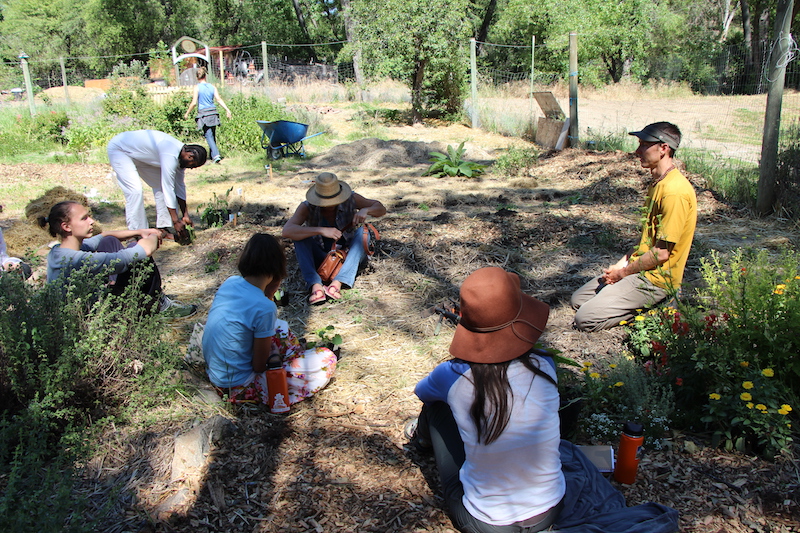
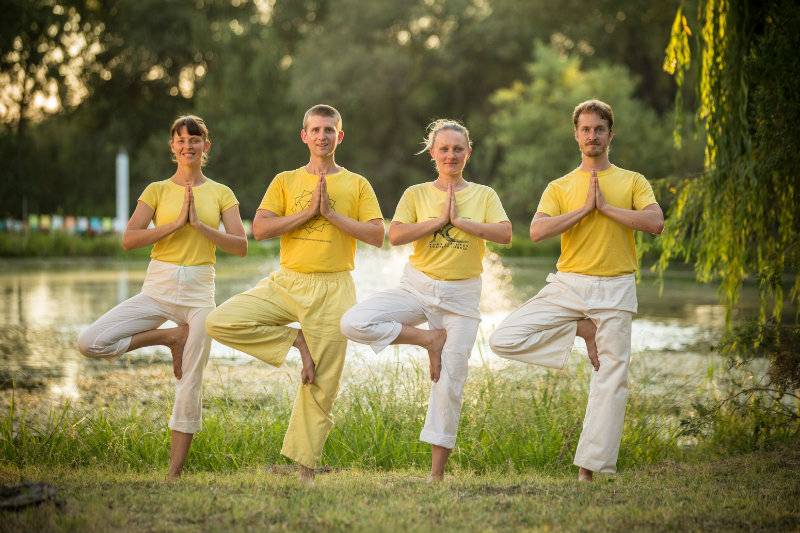



0 Comments